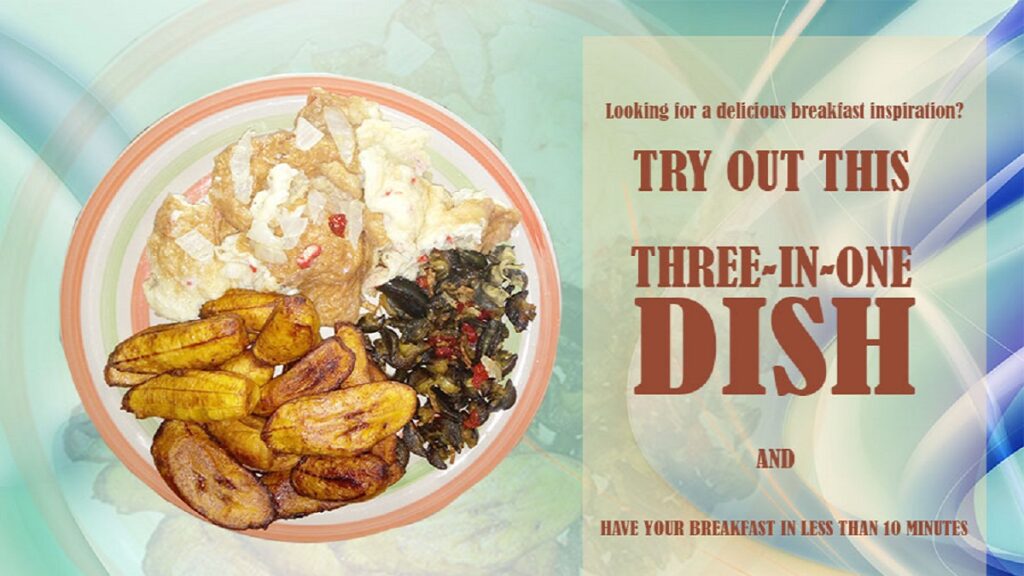In our pursuit of holistic wellness, the connection between what we eat and our mental health cannot be overlooked. Just as we nourish our bodies with nutrient-dense foods, we must also prioritize nourishing our minds. The foods and drinks we consume can have a profound impact on our mood, cognitive function, and overall mental wellbeing.
The Gut-Brain Connection
Recent research has shed light on the intricate relationship between the gut and the brain, often referred to as the “gut-brain axis.” This bidirectional communication system involves the nervous system, endocrine system, and immune system, all of which can be influenced by the gut microbiome – the trillions of microorganisms residing in our digestive tract.
According to a study published in the journal Frontiers in Neuroscience, “The gut microbiome has been implicated in a variety of neurological and neuropsychiatric disorders, including depression, anxiety, and autism spectrum disorder.”
This connection highlights the importance of maintaining a healthy gut through a balanced diet rich in prebiotics and probiotics.
Mood-Boosting Nutrients
Certain nutrients have been found to play a crucial role in supporting mental health. Here are some key players:
Omega-3 Fatty Acids: Found in fatty fish like salmon, mackerel, and sardines, as well as in nuts and seeds, omega-3s are essential for brain function and have been linked to a reduced risk of depression and cognitive decline
.
B Vitamins: B vitamins, particularly B12, B6, and folate, are involved in the production of neurotransmitters like serotonin and dopamine, which regulate mood and cognitive function. Good sources include leafy greens, legumes, and fortified grains
.
Antioxidants: Fruits and vegetables rich in antioxidants, such as berries, citrus fruits, and leafy greens, can help combat oxidative stress, which has been linked to depression and other mental health issues
.
Tryptophan: This amino acid is a precursor to serotonin, the “feel-good” neurotransmitter. Foods like turkey, oats, seeds, and soy products are good sources of tryptophan
.
Mindful Hydration
Staying hydrated is not only essential for physical health but also plays a crucial role in mental wellbeing. Dehydration can lead to fatigue, mood disturbances, and impaired cognitive function
. Aim to drink plenty of water throughout the day, and consider incorporating beverages like herbal teas and infused waters for added flavor and potential benefits.
Gut-Friendly Foods
To support a healthy gut microbiome, incorporate fermented foods like yogurt, kefir, sauerkraut, and kimchi into your diet. These foods are rich in probiotics, which can help maintain a balanced gut flora and potentially improve mental health.
Mindful Eating Practices
While the foods we consume are undoubtedly important, it’s also crucial to cultivate a healthy relationship with food and practice mindful eating habits. Eating slowly, savoring each bite, and being present during mealtimes can enhance digestion and promote a more positive relationship with food .
Remember, a holistic approach to mental health involves addressing various aspects of our lives, including diet, exercise, stress management, and social connections. By nourishing our bodies and minds with nutrient-dense foods and adopting mindful eating practices, we can support our overall wellbeing and cultivate a more balanced, fulfilling life.

